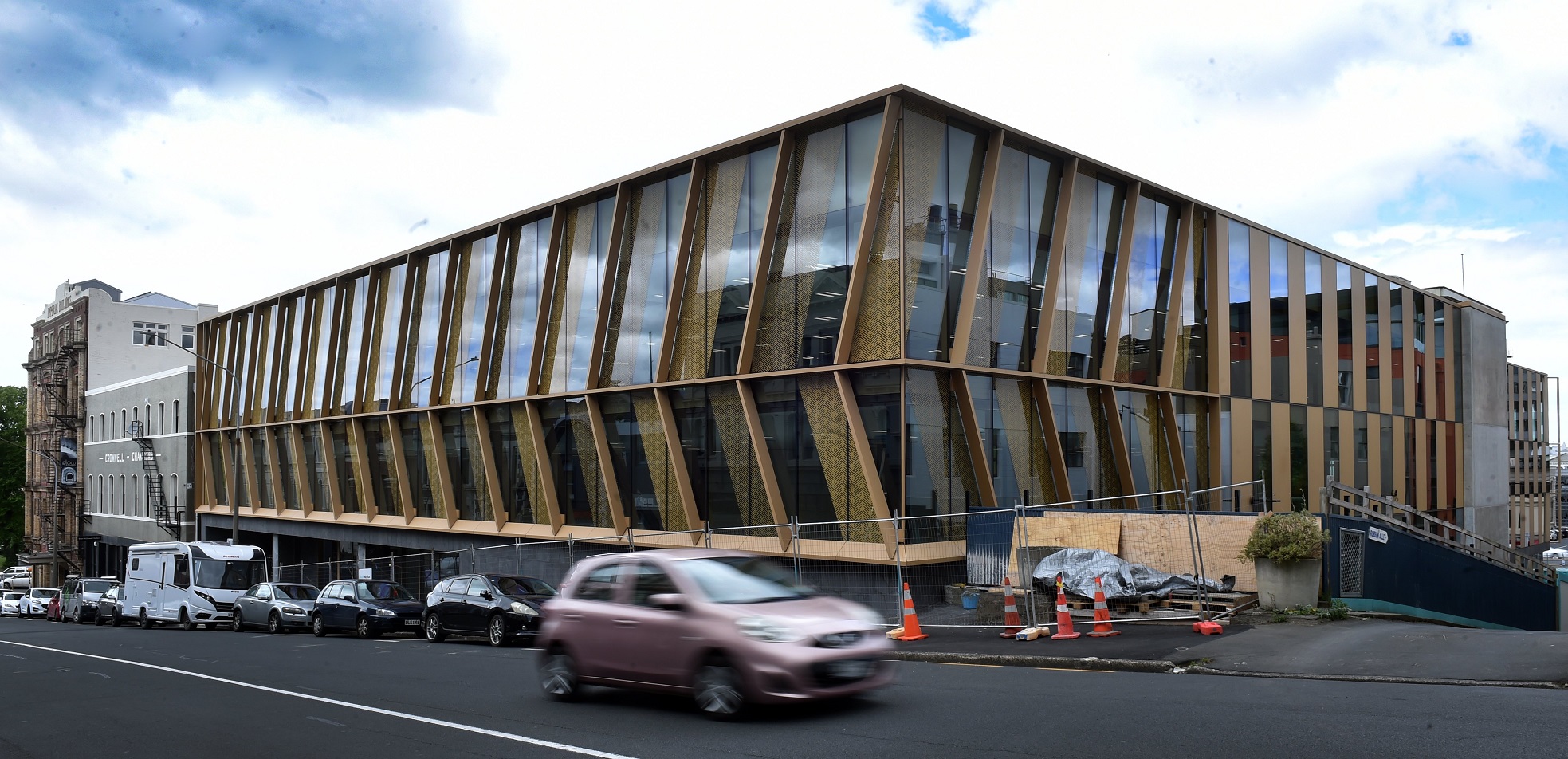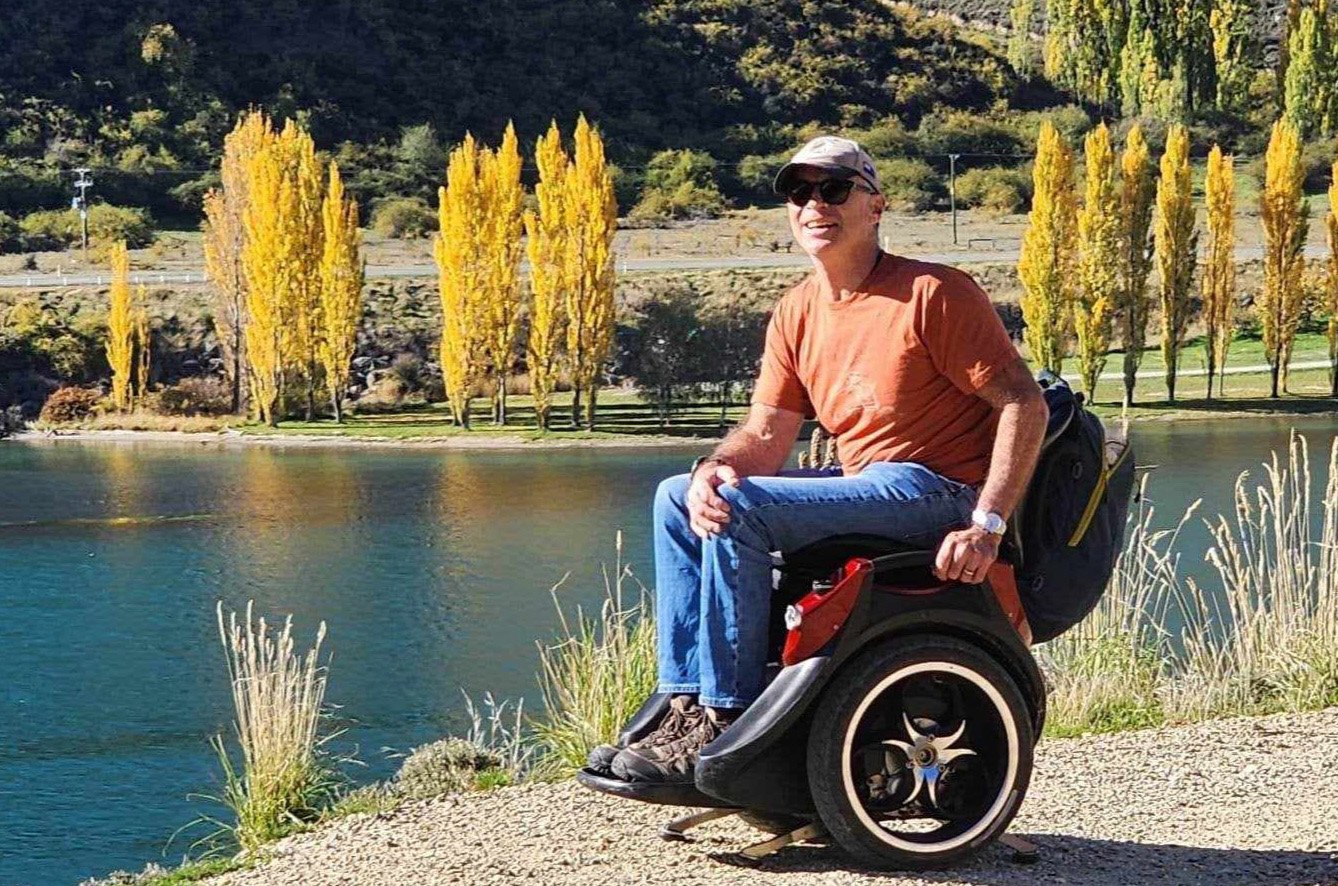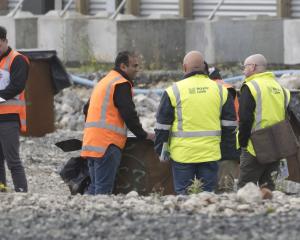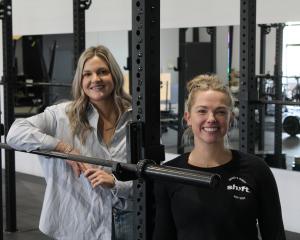
As part of the International Day of Persons with Disabilities on Tuesday, ACC disability lead adviser Ben Lucas outlined the ways the 8000sq m building had been designed to make it more accessible.
He said doors with automatic sensors would be on all the main entrances, there would be accessible reception desks with lowered desk heights, and wide corridors and spaces between desks and walls to allow wheelchair users and guide dogs to pass easily.
There would also be high-contrast carpet from the front door to reception to guide vision-impaired people; Blind Square Beacons in reception (a beacon system that links to a cellphone, which provides guide prompts for vision-impaired people to navigate reception); hearing loops in reception, the marae and the social hub; voice-enabled elevators for the vision impaired; fully accessible kitchens and bathrooms; and mobility carparks, including extra wide carparks for self-drive vans with side ramps.
A lot of thought had gone into the bathrooms in particular, which were designed with angled mirrors, strip drains in the floors to provide flat access for wheelchair users, grab rails for support and arm and back rests, and sliding hand-held shower units so they could be operated from a sitting position.
"Some of these features might not seem like a big deal if you do not live with a disability, but as someone who does, trust me, they are," he said.
Mr Lucas was 24 when he and his motorbike collided with a U-turning van, which changed his life forever.
He broke his L3 lumbar vertebrae in the crash, which left him paralysed.
"For a person in a wheelchair, angled mirrors in the bathroom will enable them to actually see themselves, and not just the top of their head, as a flat mounted mirror would.

Mr Lucas said construction of the Dunedin building and the recent completion of the new Hamilton premises were "exemplars for accessibility" for staff and clients.
An "Accessibility Manual" was created during the builds, which would serve as a legacy document for all future construction ACC is involved in.
The aim was to make accessibility a standard where possible across all ACC sites, he said.
"The hope is for our buildings to have an accessibility standard with these features so it's no longer something that we need to keep in mind as we carry out refurbishments, as all buildings should be accessible for all," Mr Lucas said.
"It’s really exciting to have the opportunity to make an impact on a nationwide scale and make a real difference for New Zealanders living with a disability," he said.
The 2018 census shows 24.5% of New Zealanders identify as living with some form of disability, and every year ACC supports about 7000 New Zealanders with a serious injury and many other disabled people who injure themselves.
The new Dunedin building will house up to 750 staff and is expected to open in late 2025.












